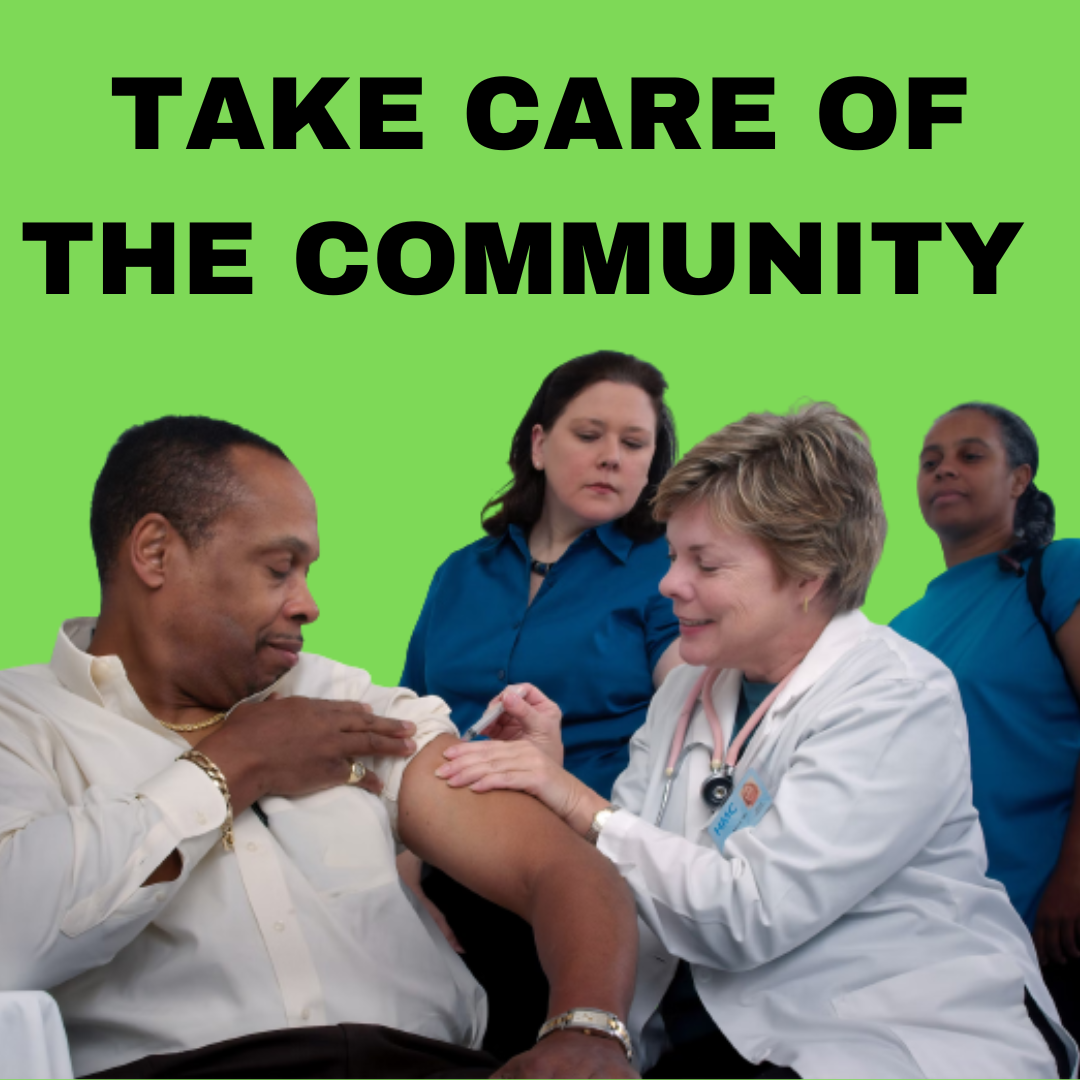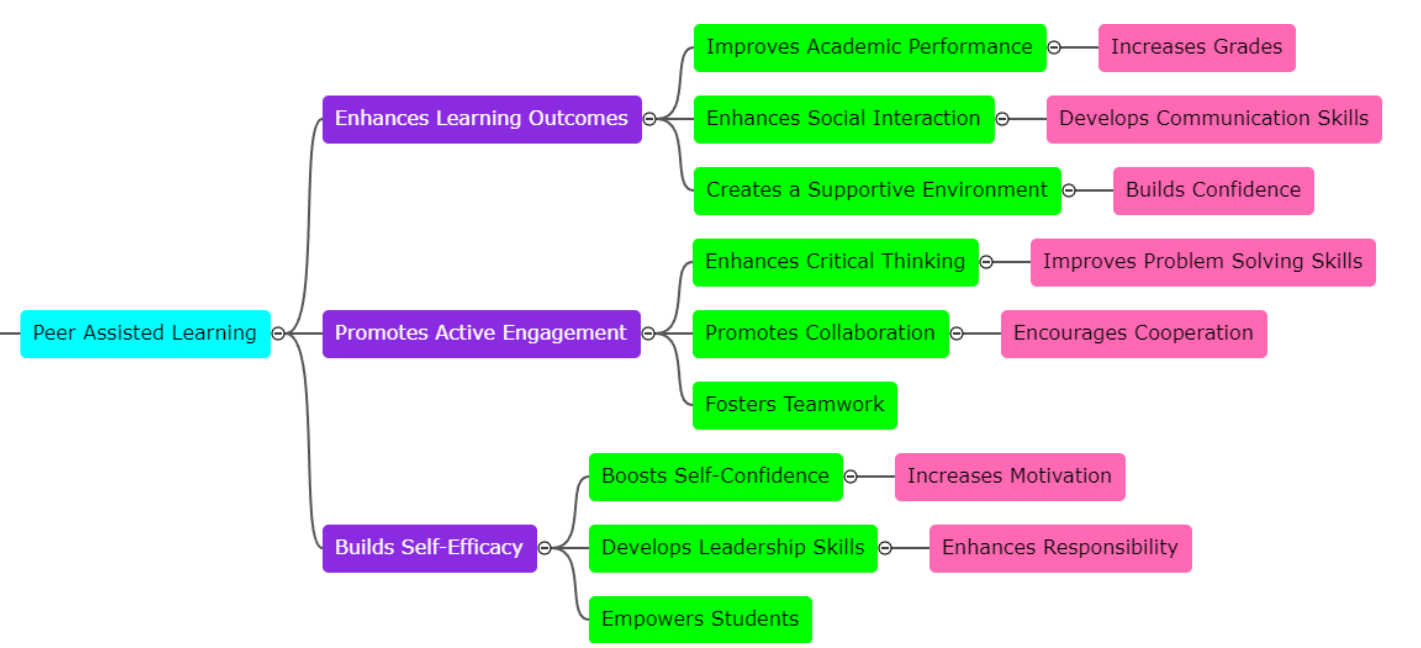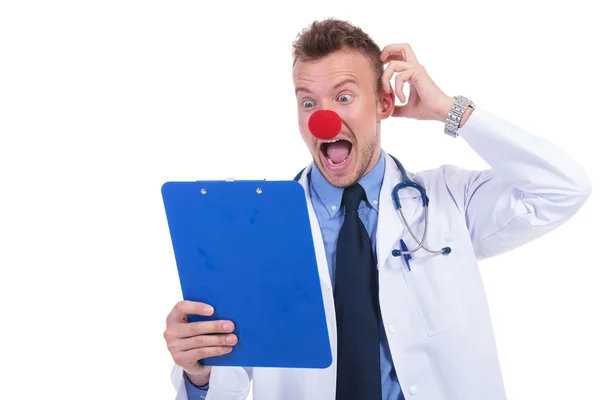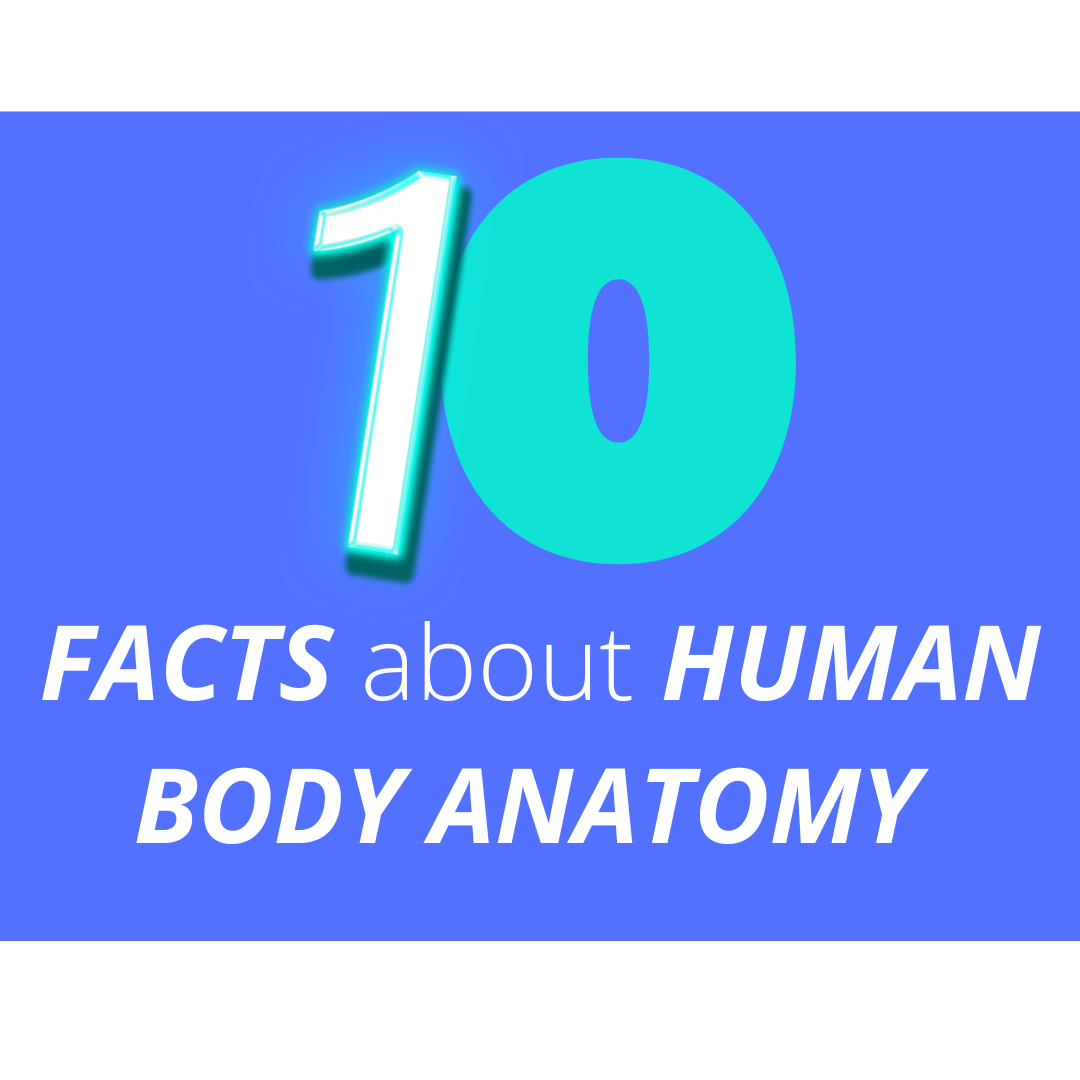
Enhancing Patient Care
Explanation of how teaching skills can improve patient care
- As medical students, one of the key aspects of our education is learning to diagnose and treat various health conditions. But what if we could also help our patients understand their health better and empower them to take an active role in their own care?
- By incorporating teaching skills into our medical training, we can help our patients better understand their conditions, treatments, and overall health. This increased understanding leads to improved adherence to treatment plans, better outcomes, and a stronger patient-provider relationship.
How teaching can bridge the gap between patient and provider
- Medical jargon, complex medical procedures, and fear of the unknown can cause confusion and mistrust between patients and their medical providers. As a result, patients may not fully comprehend their health issues or the treatments prescribed to them.
- By incorporating teaching skills into our medical training, we can break down complex medical information into simple, easy-to-understand language. This can help to bridge the gap between patients and providers, building trust and promoting effective communication between the two parties.
Improving patient outcomes through education
- Education and understanding play a crucial role in improving patient outcomes. By taking the time to educate our patients on their health, treatments, and self-care, we can empower them to take control of their own health and improve the outcomes of their treatments.
- As future medical professionals, it is our responsibility to not only diagnose and treat our patients, but also to educate them on how to manage their own health. By incorporating teaching skills into our medical training, we can help improve patient outcomes and make a real impact on our patients’ lives.
Professional Development
Developing essential skills for medical professionals
- In addition to diagnosing and treating patients, medical professionals must also be able to effectively communicate and educate their patients. This requires a set of skills beyond just medical knowledge.
- By incorporating teaching skills into our medical training, we can develop the essential skills necessary to succeed. By so, necessary skills for a medical professional grow, such as communication, public speaking, and leadership.
Building a well-rounded education
- A well-rounded education is critical to success as a medical professional. Medical students who have the opportunity to develop their teaching skills have a competitive advantage over those who don’t.
- Adding teaching skills into our medical training, we sharpen medical professionals. They become equipped to handle the challenges of the field and to make a positive impact on patients and communities.
Preparing for a diverse range of medical careers
- The medical field is diverse and constantly evolving, with new advancements and specialties emerging all the time. By incorporating teaching skills into our medical training, we can better prepare ourselves for a variety of medical careers, whether that be in traditional patient care, research, or education.
- As medical students, it is important to consider the many career paths available to us and to prepare ourselves to succeed in whichever path we choose. By incorporating teaching skills into our medical training, we can become more versatile and well-rounded medical professionals, better equipped to succeed in a diverse range of careers.
Making a Difference in the Community
The importance of community outreach and education
- Medical professionals play a critical role in educating and improving the health of their communities. By incorporating teaching skills into our medical training, we can better prepare ourselves to make a positive impact on the health of the communities we serve.
- Whether it’s through public speaking, community outreach programs, or simply providing patients with the education they need to manage
In conclusion:
Incorporating teaching skills into medical training has numerous benefits for both medical professionals and their patients. It improves patient understanding and outcomes. It bridges the gap between patients and providers. It yields to equip medical professionals with the essential skills necessary for success in a diverse range of careers. It can also enable medical professionals to make a positive impact on their communities. In addition, improve the overall health of those they serve. As medical students, it is crucial that we take advantage of the opportunities to develop our teaching skills. It is important prepare ourselves to succeed as well-rounded and impactful medical professionals.







